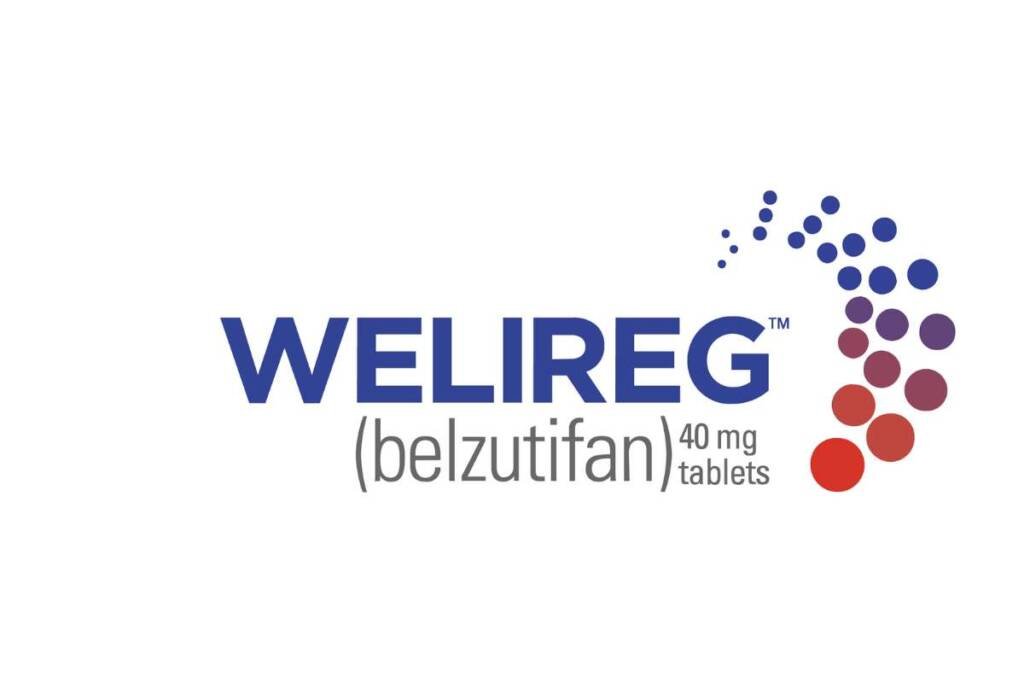In a strategic move to widen the impact of Welireg, Merck is poised to extend the drug’s influence and elevate it to blockbuster status, two years after its original approval for the rare von Hippel-Lindau (VHL) disease. Acquired through its acquisition of Peloton Therapeutics for $1.1 billion in 2019, the drug has exhibited promising advancements in progression-free survival rates among a specific subset of renal cell carcinoma (RCC) patients in a phase 3 trial, where it was pitted against Novartis’ Afinitor.
In particular, the experimental oral hypoxia-inducible factor-2 alpha (HIF-2α) inhibitor was evaluated in individuals with advanced RCC who had experienced progression post-treatment with a PD-1/L1 checkpoint inhibitor and a vascular endothelial growth factor-tyrosine kinase inhibitor (VEGF-TKI) therapy.
Merck’s Welireg also achieved a statistically notable enhancement in objective response rate and displayed a trend towards improved overall survival (OS), although the latter did not attain statistical significance in the current analysis. Merck has expressed its intention to explore overall survival further in upcoming analyses. The significance of the trial extends beyond these outcomes, marking the first instance of positive results in advanced RCC after previous treatment involving a checkpoint inhibitor and a VEGF-TKI therapy. This innovative mechanism of action represents a fresh potential avenue for addressing the disease, according to Dr. Marjorie Green, Senior Vice President of Merck Research Laboratories and Head of Late-Stage Oncology.
“Patients with advanced RCC face low survival rates, and for those whose cancer progresses following PD-1/L1 and VEGF-TKI therapies, there is a need for new treatment options that can reduce their risk of disease progression or death. This is the first Phase 3 trial to show positive results in advanced RCC following these therapies and the first new mechanism to demonstrate potential in advanced RCC in recent years. We look forward to discussing these results with health authorities.”
– Dr. Marjorie Green, senior vice president and head of late-stage oncology, global clinical development, Merck Research Laboratories
Named LITESPARK-005, the study forms part of a quartet of phase 3 trials investigating the expansive potential of Welireg in treating RCC.
Welireg initially gained FDA approval in 2021, pre-empting its projected decision date. Its label was also slightly broader than anticipated, encompassing VHL disease patients necessitating therapy for associated RCC, central nervous system hemangioblastomas, or non-immediately surgical pancreatic neuroendocrine tumors. This expanded usage provided a substantial enhancement to Merck’s oncology portfolio, allowing it to distinguish itself from its well-known asset, Keytruda, and manage the impending 2028 patent cliff. The potential broadening of Welireg’s scope to encompass a larger RCC patient population could potentially drive the momentum Merck is aiming for. The drug had previously been identified by analysts as a “blockbuster opportunity” even before its initial approval. Notably, Welireg’s revenues surged to $92 million in the first half of this year, a remarkable rise from the $40 million garnered in the entire year of 2022.





























